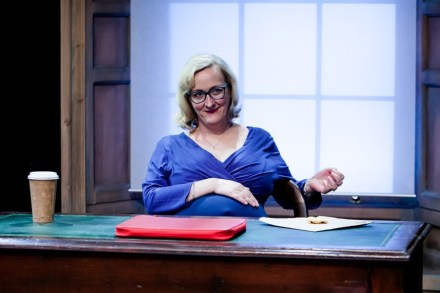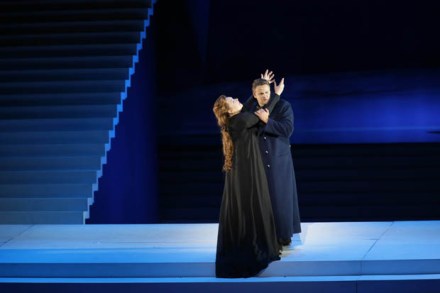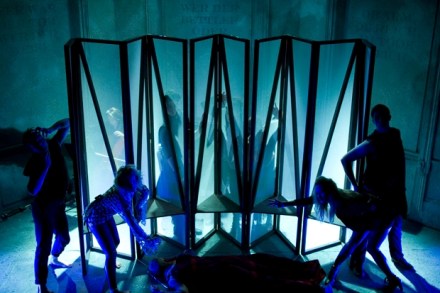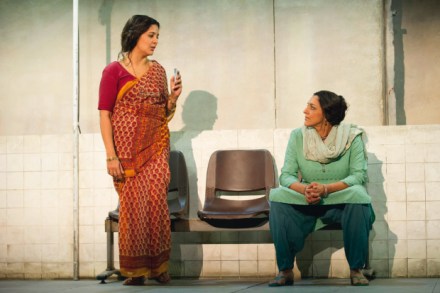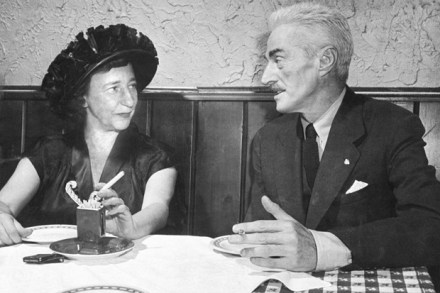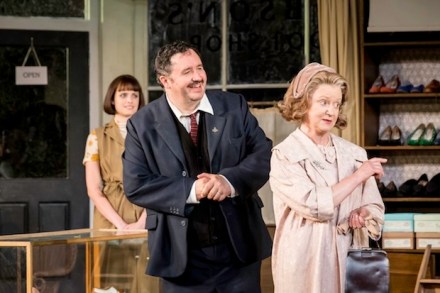Can the Scots really be as small-minded, mistrustful and chippy as Spoiling suggests?
Referendum fever reaches Stratford East. Spoiling, by John McCann, takes us into the corridors of power in Holyrood shortly after a triumphant Yes vote. We meet a foul-mouthed bruiser named Fiona whose strident views and vivid language have propelled her into the public eye during the referendum battle. Her reward is Scotland’s foreign ministry. The most obvious and striking thing about Fiona is her personal ghastliness. A coarse, petulant show-off, over-endowed with self-belief, she has no wit, geniality or political intelligence. Asked how she feels about the birth of Scotland’s liberty, she rasps out her reply like a seagull with tonsilitis. ‘Rebirth!’ Her mistrust of Westminster is deeply engrained. ‘They’re
